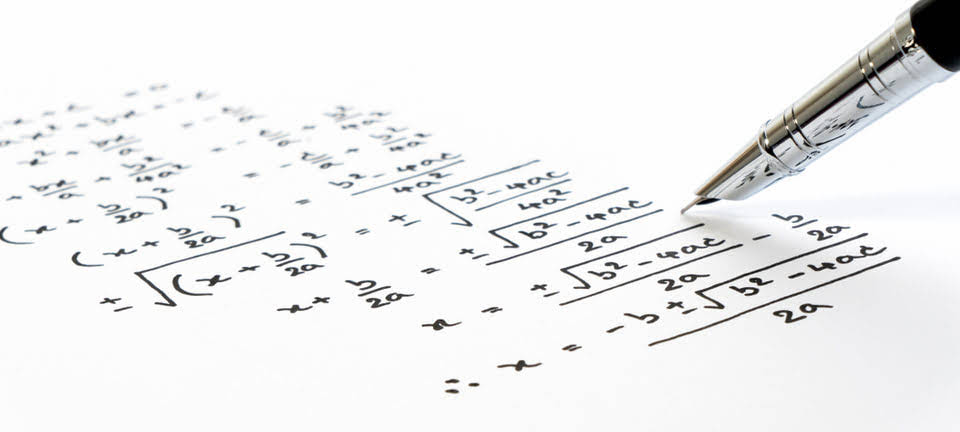Cashing Old Checks: How Long Is A Check Good For?

Any user can report a routing number missing, invalid, or provide details not included. We verify every submission and make notes or updates accordingly. The GlobalBanks editorial team comprises a group of subject-matter experts from across the banking world, including former bankers, analysts, investors, and entrepreneurs. All have in-depth knowledge and experience in various aspects of international banking.
When Does a Personal Check Become Stale Dated?
- Most personal checks have a maximum time frame in which they can be presented to a bank before they become stale or invalid.
- A personal check that’s several months old may have been forgotten by the issuer.
- Be mindful of post office conditions and potential delays for seasonality, weather, or staffing issues.
- The biggest difference is that when you issue a cashier’s cheque, your bank is going to take funds from the purchaser.
- If you have a stale check (one made out to you over six months ago), one option would be to contact the check’s issuer.
While the time period for when a check becomes stale can vary, six months is customary. If you have a stale check, it’s best to contact the person or business that issued it, if possible, to see if they can provide a replacement. Failing that, check with your bank and the issuing bank to see what their policies are for stale checks. Otherwise, the check might be returned after you deposit it and a fee assessed. Your own bank might reject a stale check that you Bookstime try to deposit to your bank account if they deem that too much time has passed since it was issued.

What is a Stale Dated Check? Explained in Detail
The bank can choose not to honor it if it’s older than six months. Even if the payee never cashes the stale check, this doesn’t mean that your business receives extra cash. By doing a regular examination of the transactions, even the small businessman can spot the checks that haven’t been encashed easily. Once he has identified the checks that are approaching the six-month mark, he can easily contact the concerned recipient and ask him to collect the funds with appropriate bank procedures. Apart from that, an employer who has received checks from the US treasury such as federal tax refund can be counted as stale-dated checks.
- A personal or business check that’s older than six months is technically considered stale, but that doesn’t mean it’s void, a bad check or that your bank won’t honor it.
- With Resourceful Finance Pro arriving in your inbox, you will never miss critical stories on accounting, benefits, payroll & employment law strategies.
- For example, payments may show as being paid but if the cash has not yet been debited from the account, there may be inconsistencies worth reconciling.
- Rather than simply regurgitating the day’s headlines, Resourceful Finance Pro delivers actionable insights, helping Finance execs understand what Finance trends mean to their business.
- To reconcile outstanding checks with your bank statement, compare the checks issued but not yet cleared with the information provided on the statement, ensuring that both records align.
Can I Cash a Check From 2 Years Ago?

Be considerate — call or text the payer to let them know your CARES Act intent. Make sure to also double-check that they haven’t switched financial institutions or opened a new account. Before cashing a check after the requested time frame, consider the reason for the payer’s request.

This makes it easier to set expectations and gives them the opportunity to plan properly. Be mindful of post office conditions and potential delays for seasonality, weather, or staffing issues. A money-order issuer may charge fees on the order if enough time passes. Make sure to cash your federal tax refund check no later than a year from the stale dated meaning date it was issued. Some checks come printed with text stating that a check becomes void after 90 days.
What to do if you receive a stale-dated check
- In this context, an outstanding check need not be outstanding for long; it may simply be the short period of time between when a check is mailed and when it is received.
- State government checks usually stay valid for six months to a year, depending on the state.
- This means that they know that you are going to have enough funds in your account to cover the overall cost of the cheque that’s getting sent.
- Instead, contact the issuer to see if they might stop payment on the check you have in hand and issue a new check.
- The payor is the entity who writes the check, while the payee is the person or institution to whom it is written.
- Stale checks are the result of the check expiry period passing, which is six months after the check issuance date.
- Rather than just reversing the charge in your accounting software and keeping the money, you will need to work through your state’s unclaimed funds laws.
That can help you avoid having the check returned and your account debited a fee. Generally, a “stale check” (also called a “stale-dated check”) is an uncashed check that’s more than six months old. Although banks, credit unions or other financial institutions might let you cash or deposit an outdated check into your account, the law doesn’t require them to do so. The payor must be sure to keep enough money in the account to cover the amount of the outstanding check until it is cashed, which could take weeks or sometimes even months.
Stale Dated Checks

Hashaw holds an MBA in Real Estate and an MSci in Project Management. She is further certified in organizational change management, diversity management, and cross-cultural mediation. This information may include links or references to third-party resources or content. We do not endorse the third-party or guarantee the accuracy of this third-party information. Check to see that the contact information is correct, as checks may go missing simply because of an incorrect mailing address. Allow ample time for the check to reach the intended recipient, especially if you’re sending it by mail.
